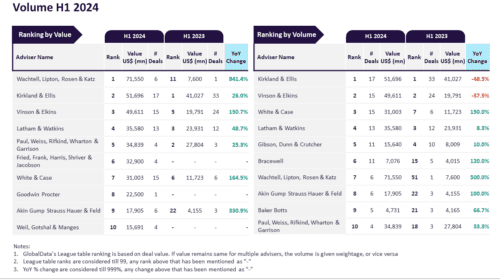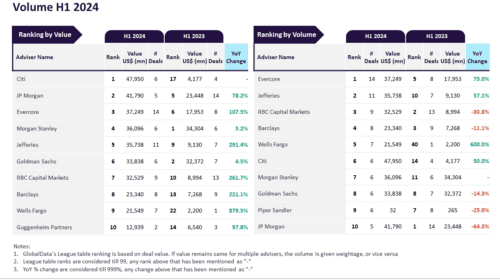Weatherford International is expected to be one of the most highly impacted of the major oil field service providers as a result of COVID-19 and weak commodity prices, says GlobalData, a leading data and analytics company. After seeing a recovery in service costs and an increase in activity over the last few years, the 2020 market volatility will again challenge the short-term demand for many oil field service products and solutions. Weatherford is expected to underperform due to its weak financial position, underperforming stock price and forced investment cuts.
Daniel Rogers, Upstream Oil and Gas Analyst at GlobalData, comments: “Having only recently emerged from a financial restructuring late last year, Weatherford again looks highly vulnerable to the impacts of the current market conditions. The risk of Weatherford being unable to produce significant cashflow this year to service the company’s debts will pile on further pressure and could see the company offload underperforming parts of its business.”
In comparison, Baker Hughes positions itself well against the peer group assessed, with the lowest debt and strong revenue and operating income performance recovery since the last downturn. The company’s financial strength is also evident in the relative stock price performance, which has shown some resilience amongst the peer group. As oil field services accounted for just over 50 percent of Baker Hughes 2019 revenue, the ability to leverage off other parts of the business such as digital solutions and turbomachinery during times of oil market volatility puts the company in a stronger position going forward.
Rogers concludes “As key suppliers to the oil and gas industry, oil field service providers rely heavily on strong industry spending and activity for their revenue stream to prosper. This year will likely deepen debt loads and cut revenue sharply, but those with a diverse set of products and digital solutions spanning across the whole oil and gas value chain are likely to be better positioned than those who rely heavily on upstream spending and activity.”
Oil and gas operations are commonly found in remote locations far from company headquarters. Now, it's possible to monitor pump operations, collate and analyze seismic data, and track employees around the world from almost anywhere. Whether employees are in the office or in the field, the internet and related applications enable a greater multidirectional flow of information – and control – than ever before.











